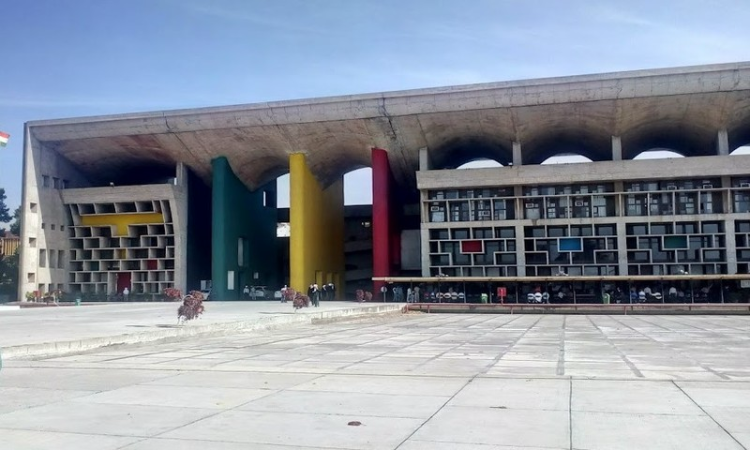Production Of Certificate U/S 65B(4) Evidence Act Not Necessary To Obtain Voice Sample Of Accused For Further Probe: PH High Court
Sparsh Upadhyay
30 March 2022 12:15 PM IST

Next Story
30 March 2022 12:15 PM IST
The Punjab and Haryana High Court has observed that at the stage of filing an application by the prosecution to obtain the voice sample of the accused for the purposes of further investigation, the production of a certificate under Section 65B(4) of the Evidence Act is not necessary.The Bench of Justice Avneesh Jhingan observes thus as it relied upon the ruling of Arjun Pandit Rao Khotkar...
